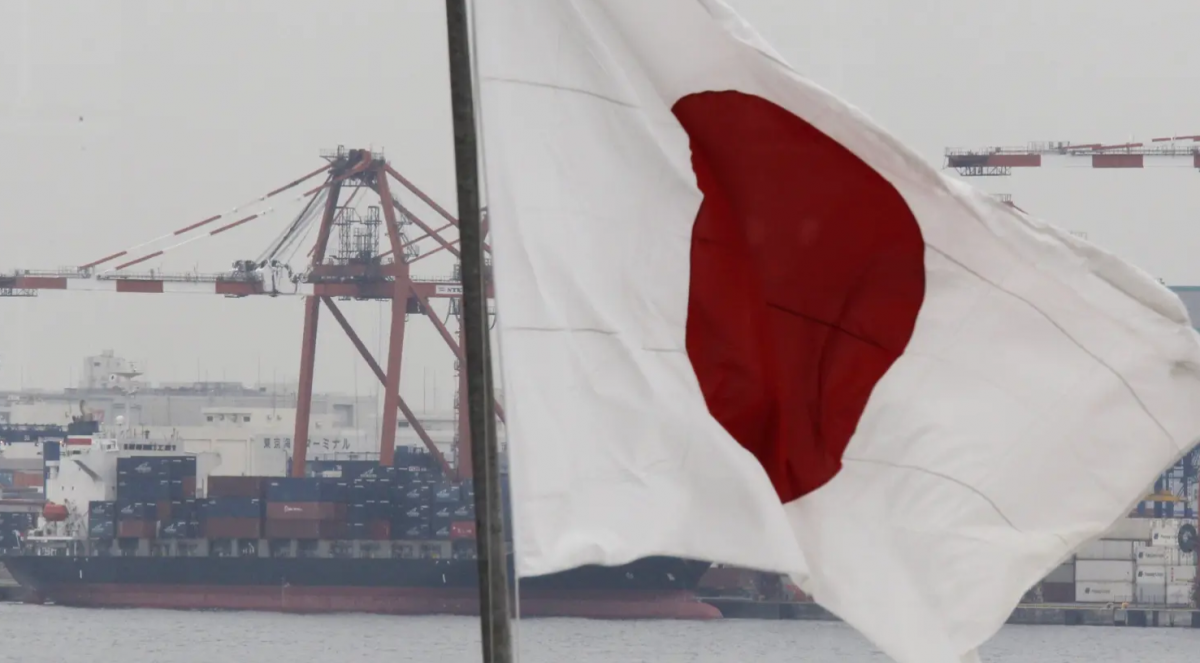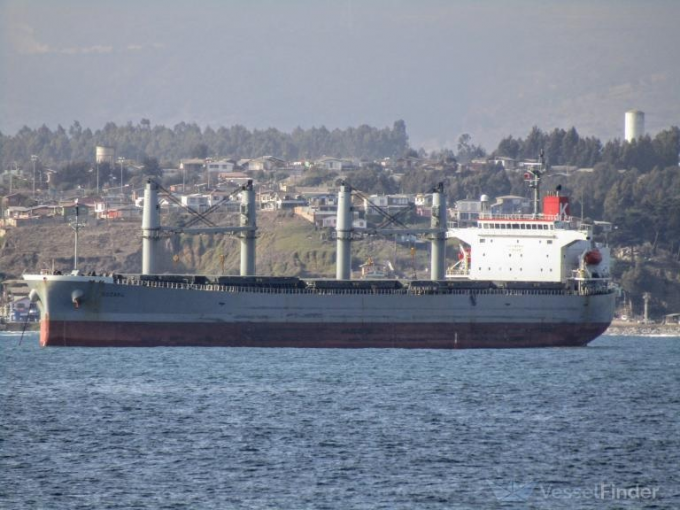
A domestic Japanese feeder ship is being retrofitted for autonomous shipping as part of the Designing the Future of Full Autonomous Ships (DFFAS) project.
Loaded with two containers, the 2019-built 204 teu Suzaku began an autonomous sailing trial between Tokyo Bay and Ise Bay on Monday, after being retrofitted for two months in Innoshima Sanwa Shipyard.
The pilot project, sponsored by the Joint Technological Development Programme for the Demonstration of Unmanned Ships under the Nippon Foundation, is testing the feasibility of unmanned navigation through crowded waters.
It is the second known Japanese containership to be piloted for autonomous shipping, after MOL subsidiary Imoto Lines’ 194 teu Mikagelast month.
Plans to pilot Suzaku, owned by Japan Railway Construction, for autonomous shipping began in September, after DFFAS completed an onshore support centre in Mihama ward in Chiba. It will remotely monitor the vessel during the testing and can intervene in an emergency.
Nihon Shipyard designed the modifications to retrofit Suzaku, while Japan Radio designed the integrated information management system used by the support centre.
DFFAS hopes to commercialise unmanned shipping by 2025.
In November, the 120 teu Norwegian-built Yara Birkeland became the world’s first autonomous battery-operated containership when it commenced operations for Norwegian fertiliser producer Yara International, transporting fertilisers from the company’s Porsgrunn plant to Norway’s Brevik and Larvik ports.
A two-year testing and development period will eventually lead to the vessel becoming self-propelled and finally certified as an autonomous, all-electric containership.







